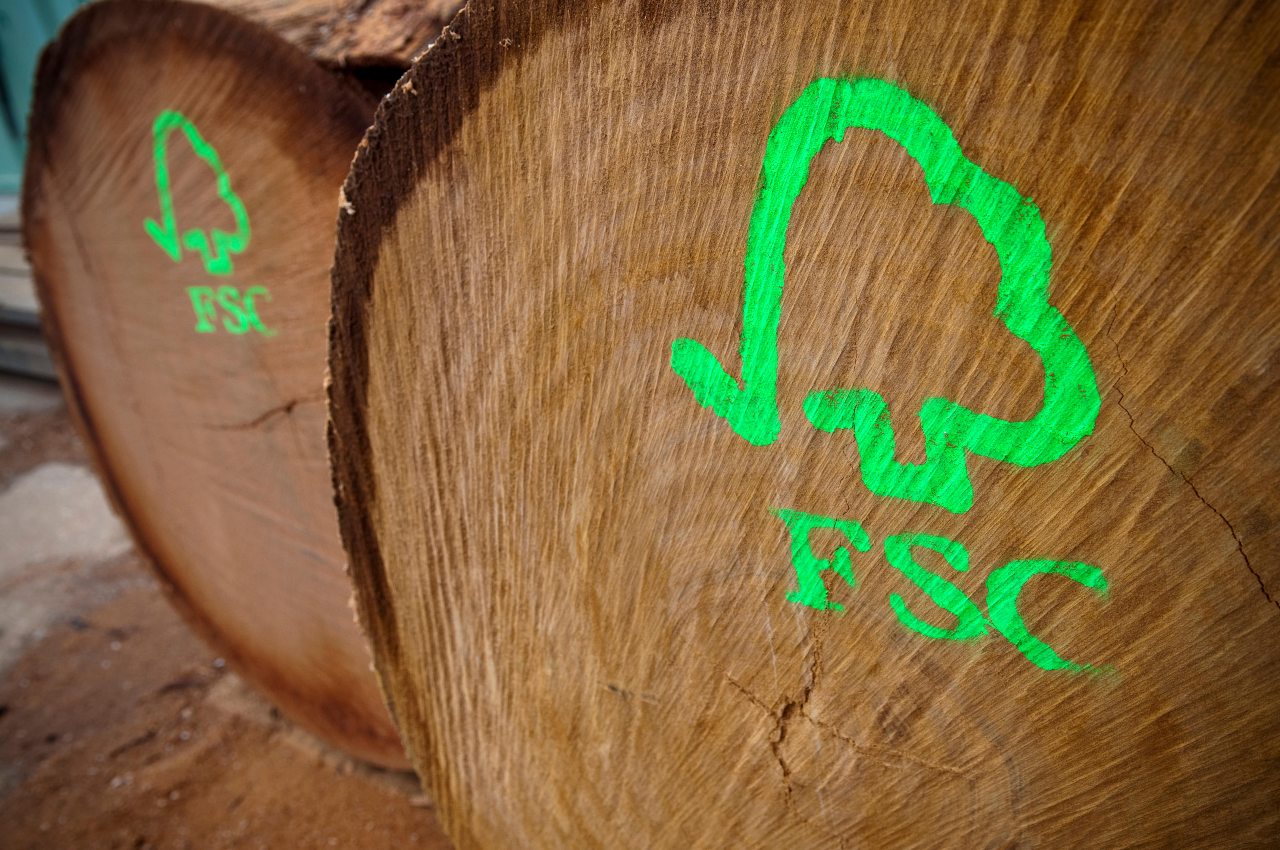
Locations of 15 companies implicated in illegal forest fires
A decision by Indonesian police to drop a criminal
investigation into the use of fire to clear forest was fundamentally flawed and
contrary to the evidence, according to an investigation carried out by an NGO
network.
Extensive field research by Jikalahari, a network based in
Riau province on the island of Sumatra, found that fires had been started in
areas managed by plantation companies, that they failed to extinguish them, and
have subsequently planted the land, in stark contrast to the picture painted by
police.
In July, the Riau police formally closed the cases against
15 corporations alleged to have started forest fires in 2015. Enforcement
officials refused to disclose the formal documents behind the decision, but
claimed publicly the case was hampered by a lack of evidence, that fires
occurred outside the concessions of large-scale plantation companies, and that
they had been started by communities.
Throughout September 2016, Jikalahari visited the areas
managed by the 15 companies and took photos, coordinates and interviewed
communities. They found that fires had occurred in all 15, and in peatland in
ten of the concessions. They found that in one concession, burning had occurred
this year as well.
In findings published online earlier this month [Indonesian
link], Jikalahari alleged that the companies had been slow to stem the fires.
“What is clear is that it took days to extinguish the fires”, they reported.
“From the results of interviews with residents around the concessions, citizens
who say their land had been taken by the companies, said that the fire did not
originate from outside the concessions”.
They also found that fires predominantly occurred in
peatlands, areas which generate larger volumes of greenhouse gases when burned
and are accordingly afforded additional protection in Indonesian law.
Burned areas in five of the concessions had been replanted
with acacia and palm oil, Jikalahari found. “The average age of the plant was
one year. This shows it was planted after the corporation burned the land.”
Forest and peatland fires impacted vast areas of Sumatra and
Kalimantan in late 2015, creating a haze that became a national health crisis
and a global climate crisis due to the volume of greenhouse gas emissions.
The fires are an annual occurrence and a consequence of a
range of complex factors, but efforts to prevent them are undoubtedly
hampered by a failure to enforce the law against perpetrators. Using fire to
clear forest for plantations is illegal, but Indonesia is crippled by judicial
corruption. For their part, large-scale plantation companies routinely place
the blame at the feet of small-scale farmers.
Last month an alliance of Indonesian human rights NGOs announced it would
take the provincial police to the Information Commission over its refusal to
disclose the formal legal basis for dropping the cases against the 15
companies.



